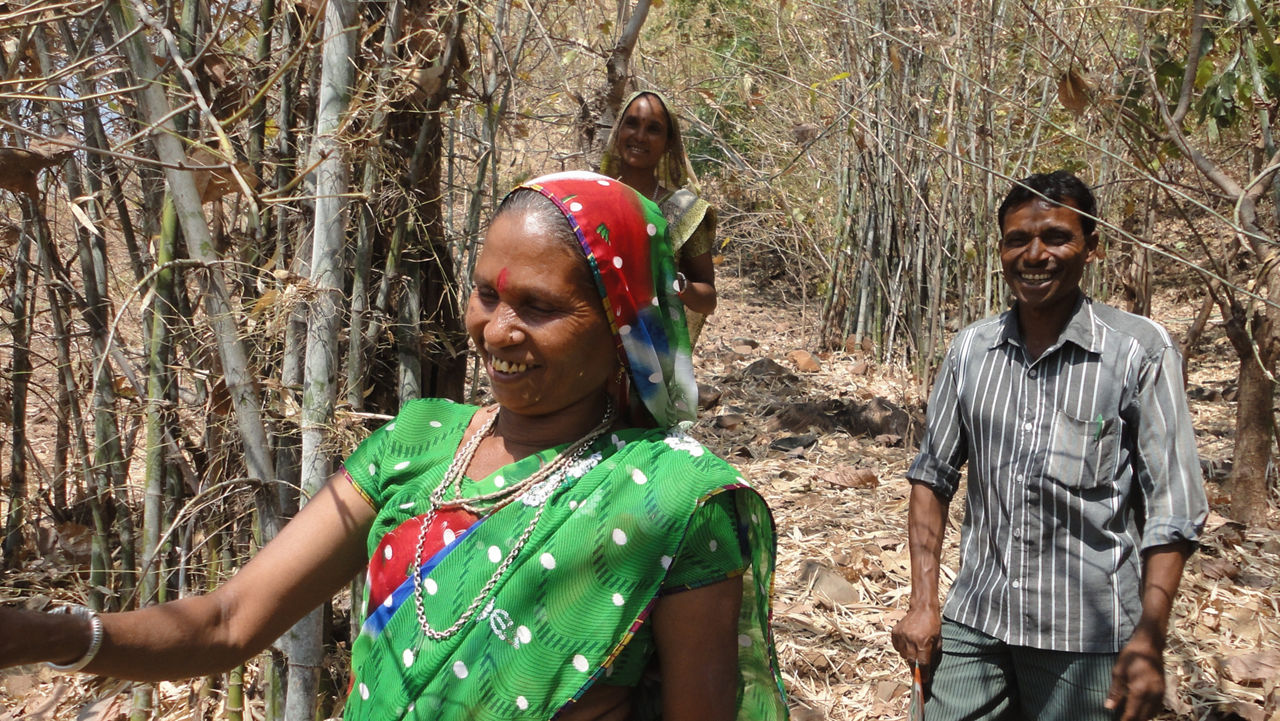This success of the initial set of 11 communities attracted other villages, and by 2018, nearly 30 communities (out of the total of 62 with CFR Rights) had initiated the process of selling bamboo directly to Central Pulp Mills.
BAMBOO SALE MODEL:
CONSCIOUS BUSINESS:
CHALLENGES:
Like any new system, there were a few initial challenges. For example, in the early days, the Forest Department suspected the villagers of cutting green instead of dry bamboo, which was found to be untrue. It took considerable effort for the villagers to build a partnership based on trust. Further, the villagers were concerned about the proper utilization of funds. To ensure confidence in the new system, most communities decided to invest a fraction of the net revenues as a fixed-term deposit. This helped increase the participation of villagers in the process.









